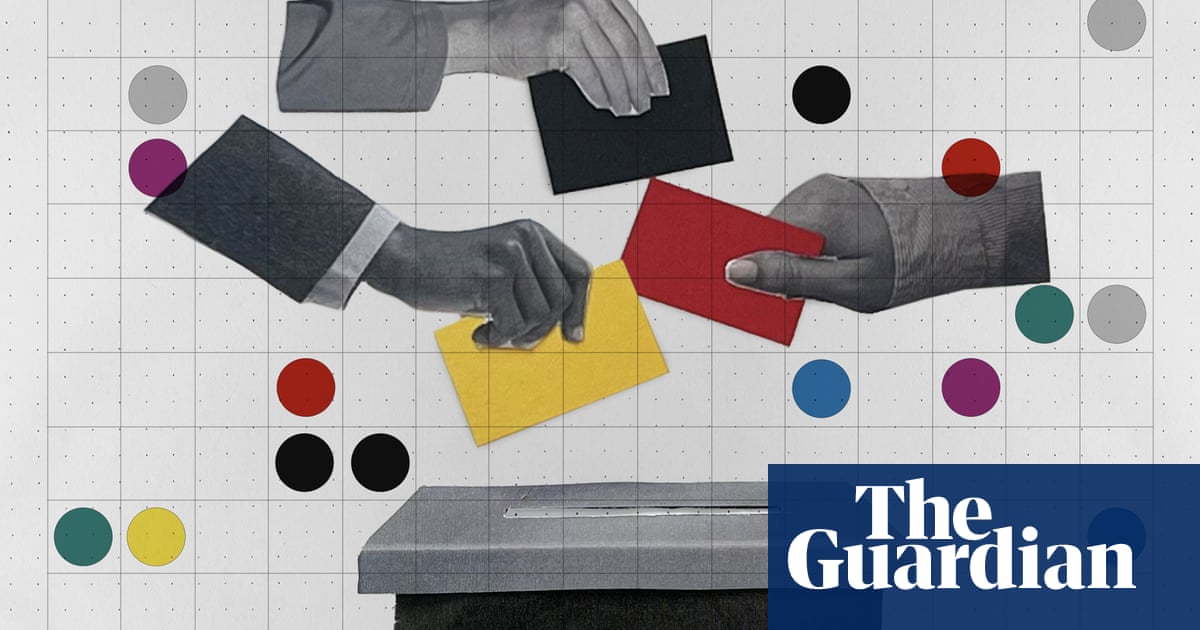The copyright lawsuits are really beginning to pile on for ChatGPT developer OpenAI.
In 2023, the company behind the world’s most prominent chatbot was hit by multiple lawsuits from authors, including Sarah Silverman and John Grisham, over its alleged use of copyrighted book texts. In their complaints, the authors said that ChatGPT offers detailed plot summaries of copyrighted books on demand, citing this as evidence that OpenAI used the books to train its AI.
In November (2024), German music royalty collection and licensing body GEMA sued the company over alleged unauthorized use of lyrics. ChatGPT “reproduce[es] protected song lyrics by German authors without having acquired licenses or paid the authors in question,” GEMA said.
But that’s not the end of OpenAI’s legal troubles. The company is also facing a copyright lawsuit in India, which record labels are seeking to join.
Reuters reports that Saregama, T-Series and the Indian Music Industry (IMI) went before a court in New Delhi on Thursday (February 13) to voice concerns about the “unauthorized use of sound recordings” in training OpenAI’s artificial intelligence models.
The music companies are “concerned OpenAI and other AI systems can extract lyrics, music compositions, and sound recordings from the internet,” an unnamed industry source told Reuters.
The IMI represents the interests of record labels in India. Its membership also includes all three majors (Sony Music, Warner Music Group, and Universal Music) in the market.
The music companies’ allegations “are crucial for the entire music industry in India, and even worldwide,” they said in a court filing seen by Reuters.
The lawsuit in India that the music companies want to join was originally brought in November by Indian news agency ANI, which alleged that OpenAI had used its content to train its AI and sought 20 million rupees (USD $230,000) in damages.
Earlier this month, more than a dozen other news companies – including The Indian Express, The Hindu, India Today Media Group, and NDTV – filed to join the lawsuit as well, according to a report from the BBC.
India is reportedly ChatGPT’s second-biggest market, after the US.
Book publishers represented by the Federation of Indian Book Publishers are also seeking to join the suit. The Federation represents dozens of publishers including major international names such as Bloomsbury, Cambridge University Press, McGraw-Hill, Penguin Random House, and Wiley.
Much like the lawsuits brought against OpenAI by authors in the US, the book publishers point to detailed plot summaries offered by ChatGPT as evidence that OpenAI used copyrighted books to train its AI models.
OpenAI is defending itself against the allegations by claiming it is sticking to “fair use” principles, and taking only publicly available data. It has also attempted to have the case dismissed by arguing that Indian courts lack jurisdiction, as the company is headquartered in the US. Lawyers cited by Reuters said this defense is a long shot, as it has failed for other tech companies such as Telegram.
As in the US, India’s copyright law has a “fair use” or “fair dealing” provision that allows unauthorized use of copyrighted material in certain limited circumstances. Experts in Indian law say that decisions on fair use are decided on a case-by-case basis, and the economic impact of an unauthorized use plays a crucial role in their determination.
The lawsuit in India is one of a growing number of cases brought by copyright holders against generative AI companies. Anthropic, maker of the Claude chatbot, is facing a lawsuit brought by music publishers Universal, Concord and ABKCO, which alleges the chatbot reproduced copyrighted lyrics without permission, and at times plagiarized those lyrics, passing them off as original creations.
Suno and Udio, two companies that offer a subscription-based AI music-making service, were sued last year by record labels owned by Sony Music, Universal Music Group, and Warner Music Group.
In all these cases, the AI companies have argued fair use as part of their defense.
A recent ruling by a US federal court in Delaware rejected the fair use defense in the training of AI. In a case brought by data and news conglomerate Thomson Reuters against a now-defunct AI-powered legal database service, the court summarily ruled that the service’s use of content owned by Thomson Reuters did not amount to fair use.
However, the judge in that case stressed that his ruling applied only to non-generative AI, and not the generative AI over which copyright holders have filed lawsuits against OpenAI, Suno, Udio, and others.Music Business Worldwide
Article by:Source:











